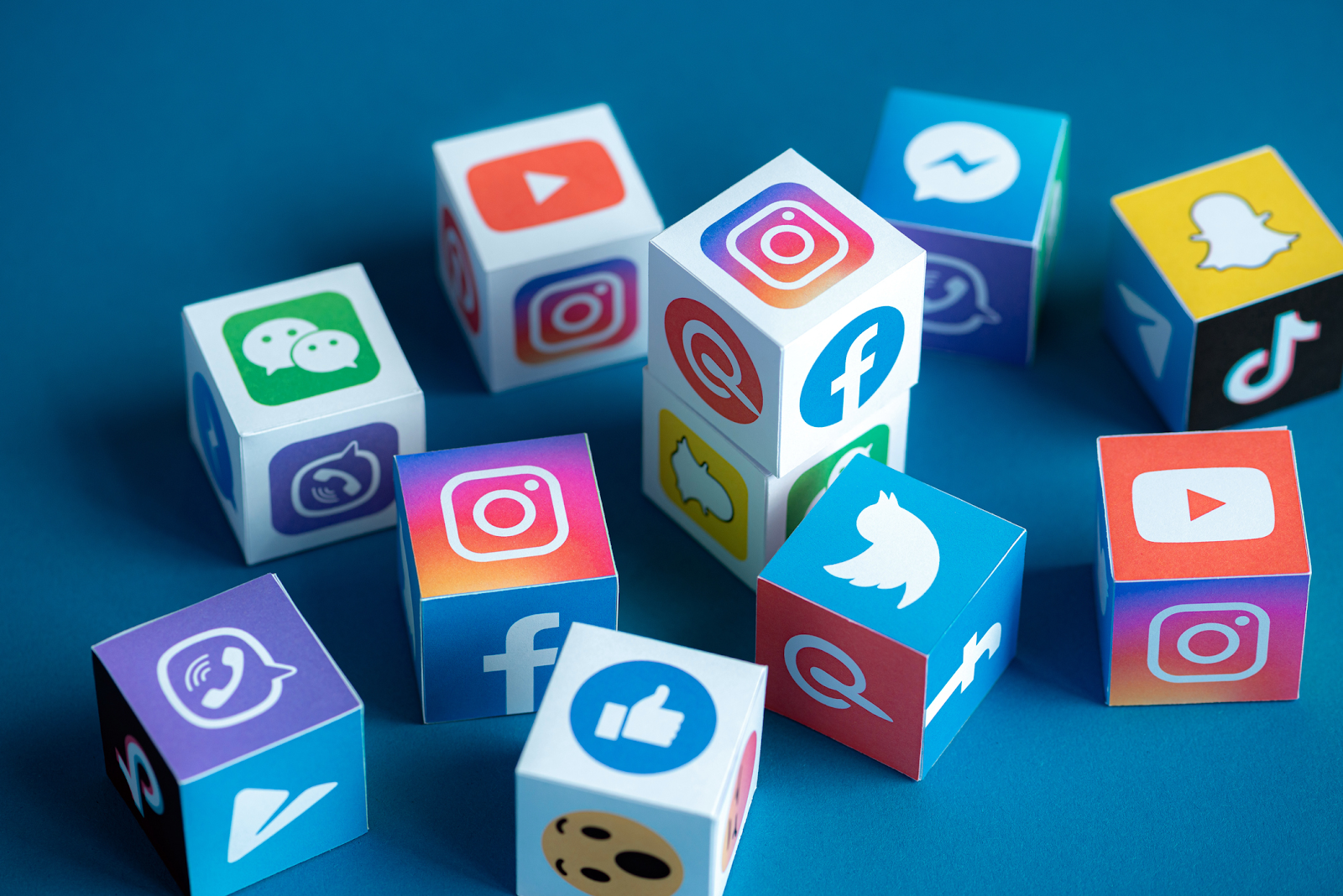For most people my age, it is hard to imagine life without access to instant communication and information at our fingertips. This technology is used by billions of people in one way or another, but my generation is the first to grow up with it's existence. While email systems and online forums/chatrooms have existed for decades, they tended to have issues revolving around latency, accessibility, and ease of use. However, the modern communication tools of today are so easy to use that it makes it more difficult to put down.
Though conversations, interactions, and observations with my peers, friends, and myself, I have noticed a few common trends that are indicative of larger dopamine-related issues that are affecting millions of people. The standout trend that I have noticed is a reliance of technology between and during tasks, such as unpacking a bookbag, doing the laundry, or just walking from a room to the restroom. Additionally, I have been noticing people ignoring the people around them during a face-to-face conversation to respond to a text, usually without acknowledgement.
While these are pretty harmless, I find it interesting that our minds seem to need constant stimulation, even while engaged with another task. You would think that we would appreciate the few breaks we get from technology, but it seems we don't even want the breaks. In the few moments of quiet we get, we often distract ourselves with content, even it is just background noise. God forbid anyone under the age of 25 eat a meal alone without YouTube.
Of course, I am guilty of all the things I have mentioned; I am even listening to music while I am writing this. I also caught myself getting on my phone to check my emails while I was putting my dried dishes away sometime last semester, which has made me especially observant of the usage of technology around me.
I have made an effort to improve my relationship with technology this year by limiting it, as I have realized how much of my time it has taken from me. Though being busy this semester has greatly helped me with my separation from technology, I still am making progress in limiting my overall screen time across my devices. I believe my biggest difference in improving my productivity has been from me almost completely moving away from my desktop computer to my laptop for work. With two monitors, the desktop makes homework much easier, but allows another monitor to distract myself.
The most surprising change for me was moving back to playing games on my Xbox instead of my PC. I have found that console games inherently feel more relaxed than PC games, as they can be played in the most comfortable position, whereas a chair is your only option for PC. With the ease of use of the Xbox, I feel that I do not need to dedicate sessions of time to playing it and feel satisfied after just 30 minutes or so of playtime. I think these little changes have helped me appreciate those quiet moments a little better, although my worst habit is still a work in progress.
Last year, I listened to 123,391 minutes of music on Spotify, the worlds most popular music streaming platform. That is over 2,000 hours of music alone. Though a majority of that time was likely spent listing as background noise, that is still an incredibly large number. This year, I only have 75,000 minutes listened, which at least makes me feel like I am making progress with my efforts.
Finally, the last major change has been attempting to shift myself away from short-form content towards long-form content. I spend an embarrassing amount of time since I do not have any other platform that offers short-form content, which I feel has made my attention span shorter. I have been trying to combat this by watching education documentaries about my interest, which actually seems to be working for me. I feel that I have a bit more concentration back with he added benefit of learning random information.
However, I am still guilty of the habits I outlined above. I still feel the need to be constantly stimulated, almost feeling that I could be using any free time to be doing anything but waste it. Of course, I am not wasting my time by not using technology but it feels like it to me. As a group, I believe that these problems will continue to worsen, potentially leading to academic and societal consequences. I am hopeful, though, that we will be able overcome these issues with determination and support from each other. That being said, I am going to go watch some YouTube shorts.























